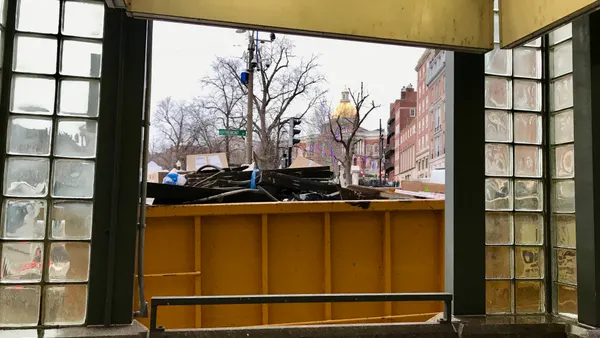Dive Brief:
- Scientists have found that bacteria present in the bodies of waxworms can effectively degrade polyethylene.
- Notorious for its inability to biodegrade naturally, the plastic, commonly used for food packaging, could be reduced through the use of the organism's larvae, which nibble on the plastic material.
- According to researchers, a minimum of two bacteria strains found in the waxwork’s gut have the potential to degrade polyethylene in one step.
Dive Insight:
This discovery is viewed by scientists as a direct and effective way to reduce polyethylene waste materials. Jun Yang, one of the researchers behind the experiment, notes that 140 million tons of polyethylene are produced by manufacturers annually.
Scientists have been working on solutions for reducing this type of plastic waste for years, which is why the researchers are especially enthusiastic about the prospect of being able to use these worms to effectively cut down this difficult waste.








